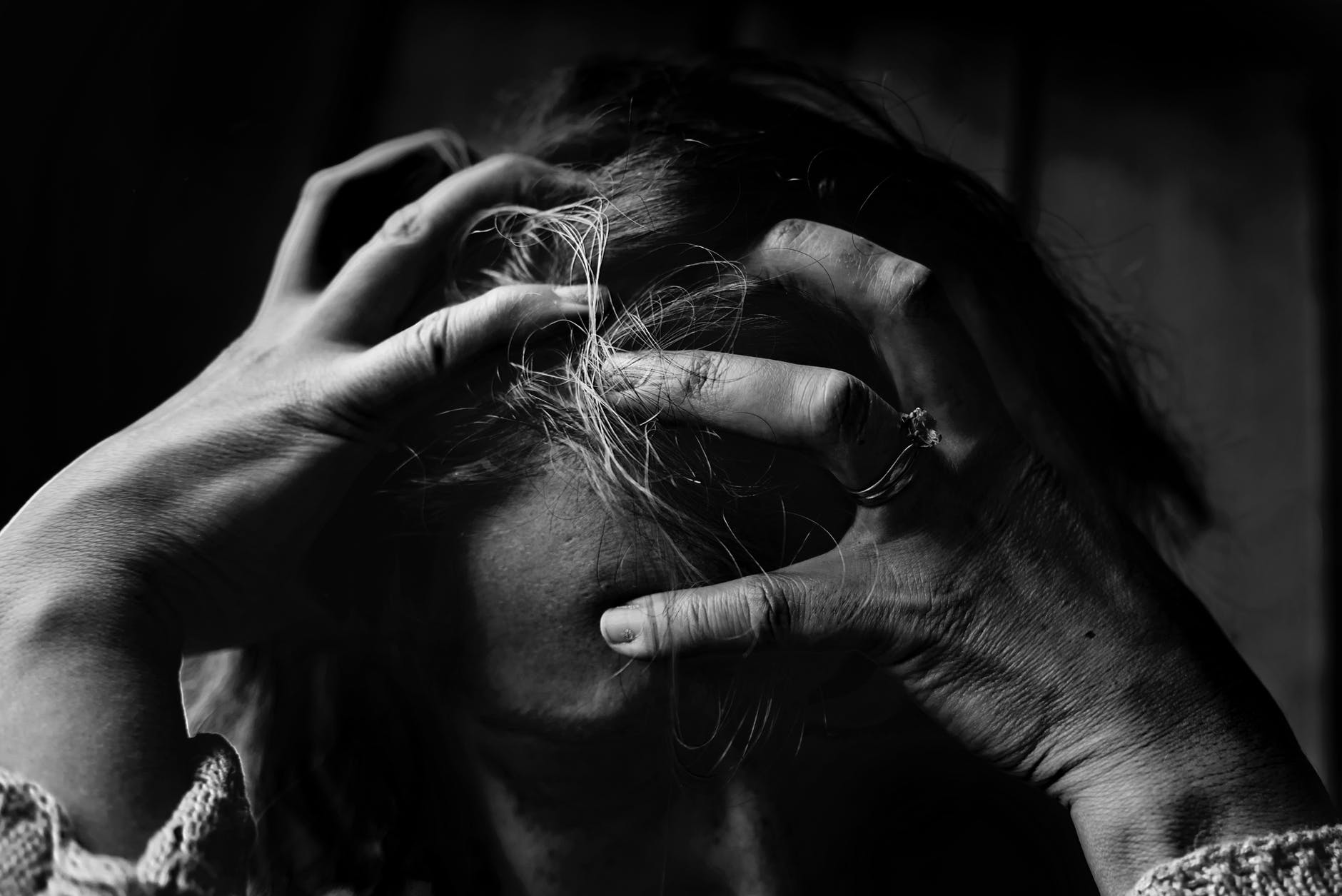Best Ways to Control Your Hypertension without Medication

High blood pressure is known all over the world as a notorious silent killer. This condition affects one in three Americans and more than one billion people globally. Handling remedies for hypertension should be your utmost priority because if left alone, it can dramatically increase your risk for heart attack and even stroke. Thankfully, there are numerous ways you can lower your blood pressure even without taking medicine.
Although it can be challenging to change your diet, you have to understand that you are doing it to improve your health. To help you, start a food diary where you write down everything that you eat. You can even use your food diary for meal plans.
Exercise Regularly
Any form of physical activity can lower your blood pressure to around 5 to 8 mg when performed for around 3o minute daily. If you are suffering from hypertension, regular exercise can help.
For those at risk of hypertension, physical activity can reduce developing high blood pressure. However, if you already have high blood pressure, exercise can bring your blood pressure down. Some recommended activities include cycling, jogging, dancing, and swimming. If you want to try more challenging workouts, you can do high intensity interval training. This involves short periods of intense physical activity.
Lose Weight
When your weight increases, your blood pressure also increases. Obesity can also cause other including deep apnea, which in turn, increases your blood pressure. One of the most effective changes you can do to control your hypertension is to lose weight. Even a small reduction can do wonders. When you lose weight, you decrease your-blood pressure by an estimated 1mmHg per kilogram.
You should also pay attention to your waistline. This is because carrying a large amount of weight on your waist area can put you at risk of hypertension. Women are at risk if their waistline is greater than 35 inches. For men, it's 4o inches. However, measurements vary depending on your ethnic group.
Choose Healthy Foods
Your diet can play a big role in your blood pressure. You should always opt for fruits that have low saturated fat and cholesterol and low-fat dairy products. Furthermore, try consuming more vegetables and fruits as well as foods that have a high grain content such as oatmeal and brown rice.
You should also increase your potassium intake because it can counterbalance the harmful effects of sodium on your body. Choose foods that are rich in potassium such as bananas, peas, and cooked spinach. It is not recommended to simply rely on supplements. Finally„ shop wisely. Before you buy something, make sure to read its label. This will allow you to maintain your healthy eating habits.
Don't Smoke
If you still haven't quit smoking, now is the time to do it. Each cigarette that you smoke elevates your blood pressure for a time. Quitting can help your blood pressure return to its normal level. It can even improve your health and decrease your risk for heart disease.
Watch Your Alcohol Intake
Although there are good effects of alcohol for your health, you should still limit your consumption if you do not want to feel its negative effects. Drinking alcohol in moderation or simply sticking to one or two drinks per day can decrease your blood pressure level. If you consume too much alcohol, you are simply putting yourself at risk for hypertension. Furthermore, it can lessen the effects of your medication.
Decrease Sodium Intake
Decreasing your sodium intake will be good for your health. Even just a small amount of sodium reduction can improve your blood pressure by 5 to 6 mmHg. Although the effects of sodium differ among people, you should limit it to 2,30o mg per day. The ideal amount of daily sodium intake per day is 1,500 mg for adults. To help you lower your sodium intake, read food labels and choose low-sodium options.


